Central theme: National Holidays in MOSO
In comparison with the rest of the Yugoslav successor states, Macedonia was the only one that gained its independence in a peaceful way, exempted from bloodshed which devastated the rest of the republics, during the Yugoslav war(s) of secession. This could be merited to the leadership at the time, which eschewed nationalism and made concessions- internally and externally- which inevitably set Macedonia on a different course from other Yugoslavian republics (Riplolovski, Pendarovski, 2013, p.136)
September 8 was declared as a state holiday and was recognized as a day of the Macedonian Independence after a Referendum on the sovereignty and independence of the Macedonian state was held on September 8, 1991. During which, 95, 09% of the citizens voted gave a positive answer to the referendum, or 72,16% of the total number of citizens with voting right. (Parliamentary Institute of the Assembly of the Republic of Macedonia, 2014). However, the Macedonian Declaration of Independence came during the time of conflict, which had followed the declarations of independence of Croatia and Slovenia and begun by the opening of the European Community Peace Conference on Yugoslavia in The Hague (Craven, 1995). Having gained its independence, Macedonia experienced its first steps of the new chapter of its existence. Macedonia was expected to pass through a long and difficult process of transition, overcoming structural changes of the society- change of economic, political and cultural systems.
Holidays and celebrations are one of the most crucial parts of every-day life, but also one of the most important ways of the creation and expression of identity, at both an individual, as well as at a collective level (Risteski, 2008). After gaining its independence and proclaiming the 8th of September to be a national holiday in the country, Macedonia also started with the process of holiday management. Since 1991, this has been a dynamic process, distinguished by important characteristics. Initial steps in this management attempt was the creation of a strategy for the elimination and forgetting, even deleting of holidays from the collective memory of the citizens, that were in any way related to the past of the previous mutual state, which was a socialistic one, which means left oriented, formally atheistic society, with a political one-party .system and an idea for cherishing of the mutual Yugoslav national identity (Risteski, 2008, p.127).
The process of holiday management and holiday celebration in Macedonia is connected with a process of re-writing of history. In that way, the current number of the newly introduced events and holidays in Macedonia is higher than the number of the erased ones (Risteski, 2008).
The media also plays important role in the process of celebration of 8th of September. Every year, the media broadcasts the historical speech of the first democratically elected President in Republic of Macedonia, Kiro Gligorov, who with words full of pride, congratulated the Macedonian citizens for using their right to vote and to proclaim their independence in a democratic way (through Referendum), regardless their nationality and ethnicity. During these two decades of the celebration of the 8th of September, the celebrations in 2011 were observed with a particular interest from the domestic, regional, as well as international media.
The celebrations in 2011 were very important historical moment, taking into consideration that in that time Macedonia marked anniversary of 20 years of its independence. The official opening of the celebration ceremony began with the parade which marched under a 22-meter-high triumphal arch, called Macedonia, in front of the Parliament building. There was an exhibition of more than 100 wax figures of historic figures, murals and paintings of historic events, also. A theater performance was held in front of the museum where the actors performed events from the Macedonian history. The ceremony reached its culminating point with the unveiling of a 23 meter-high statue of Alexander the Great, or Warrior on a Horse. During the event, vast number of Macedonian singers performed songs specifically composed for this special occasion. (Balkan Insight, 2011). The overall objective of the event was to illustrate our past, present and future. (Balkan Insight, 2011).
This past year, the 8th of September was also observed with a special importance because the German Prime Minister officially visited the country on this day. For Macedonia, that was the first time a German Chancellor visited the country. It can be emphasized that Angela Merkel’s visit to Skopje had broader significance for the Macedonian position in the field of international relations, and it cannot solely be considered as a symbolic gesture. Indeed, the new, pro-democratic Macedonian Government, together with its international supporters used this occasion to send a clear message to the general Macedonian public, as well as to the whole international community, that in spite of the former Macedonian government, which used the National Day to strengthen their political position, by antiquation projects and nationalistic rhetoric, they are pro-EU and pro-NATO oriented and that they are prepared for reconciliation and compromises with the neighboring countries, enhancing the Macedonian road towards the EU-Atlantic integrations.
BIBLIOGRAPHY:
- Craven CR Matthew (2015): What’s in a Name? The Former Yugoslav Republic of Macedonia and issues of statehood. Australian year book of international law. Vol. 16 1995 : 199-239
- Balkan Insight (2011): Thousands Turn Out for Independence Day Celebrations. Available on: http://www.balkaninsight.com/en/article/thousands-turn-out-for-macedonia-independence-day-celebrations
- Balkan Insight (2011): Macedonia Plans Independence Day To Remember. Available on: http://www.balkaninsight.com/en/article/macedonia-marks-independence-day
- Parliamentary Institute of the Assembly of the Republic of Macedonia (2014): Contents of the Initial Report of the Republic of Macedonia on the Framework Convention for the Protection of National Minorities. Skopje, Macedonia
- Riplovski, Sasho, Pendarovski, Stevo (2013): Macedonia and the Ohrid Framework, Agreement:Framed Past, Elusive Future. PERCEPTIONS, Summer 2013, Volume XVIII, Number 2, pp. 135-161.
- S.Ljupco (2008): Essay on Festivities Transformation of the Holiday Calendar in the Republic of Macedonia from 1991 until the Present. Institute of Ethnology and Anthropology University Sts. Cyril and Methodius, Skopje

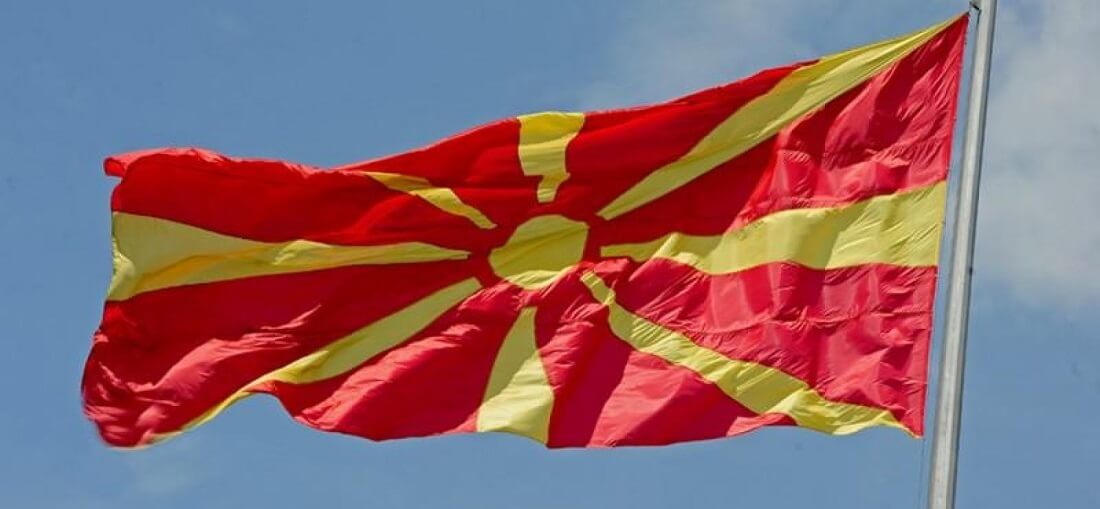
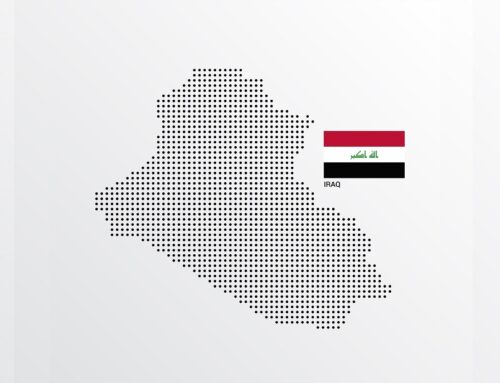
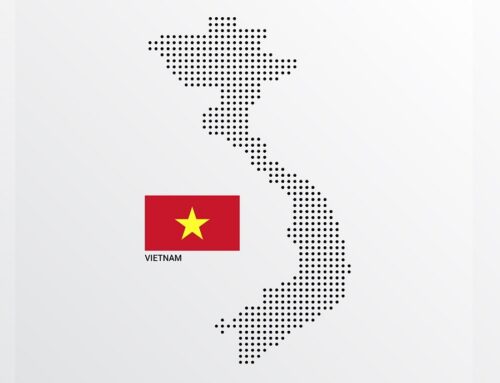
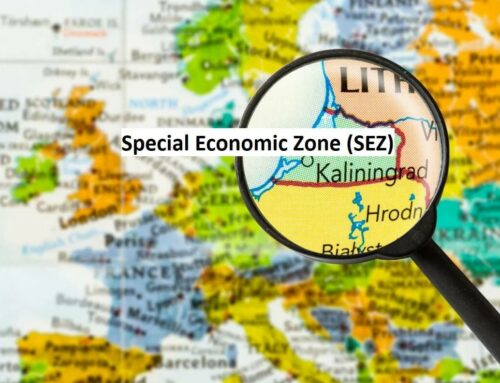
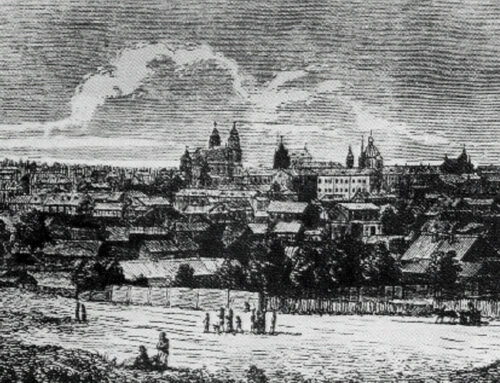
Leave A Comment